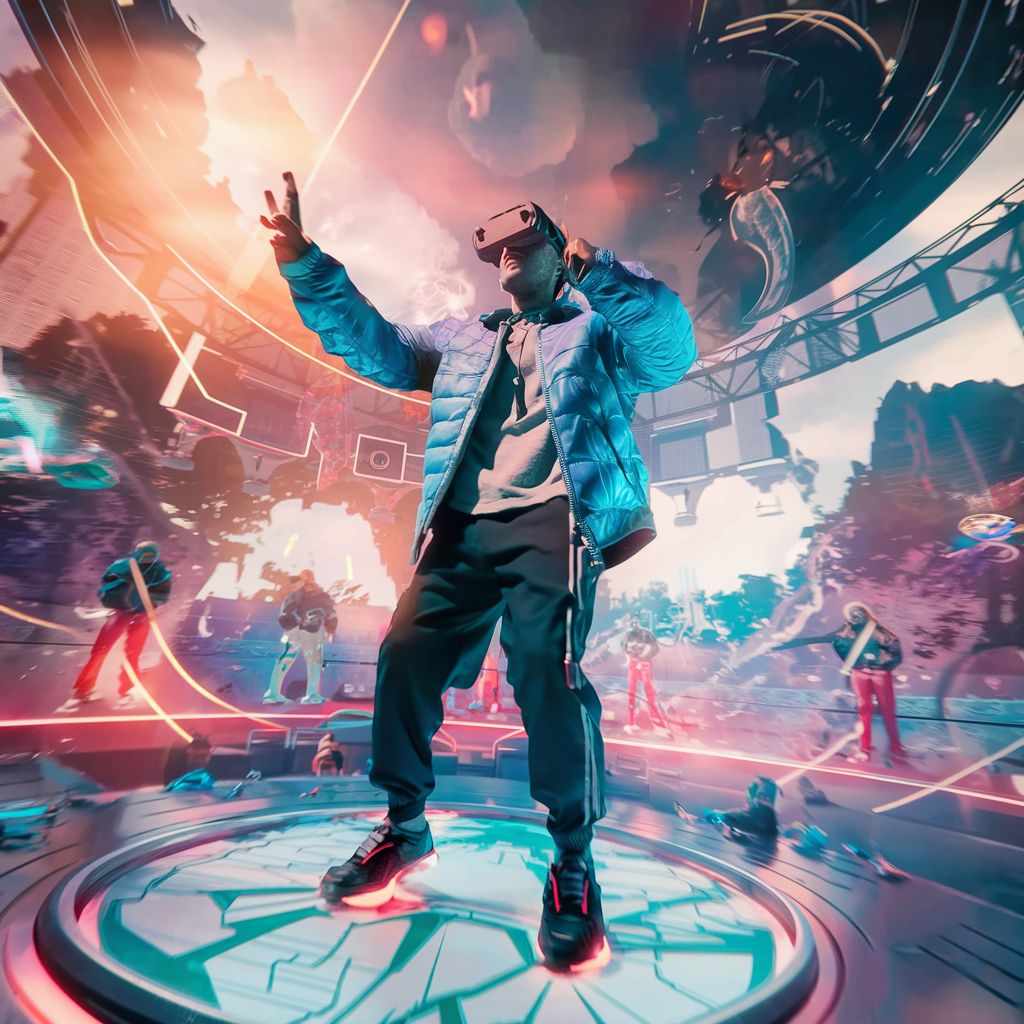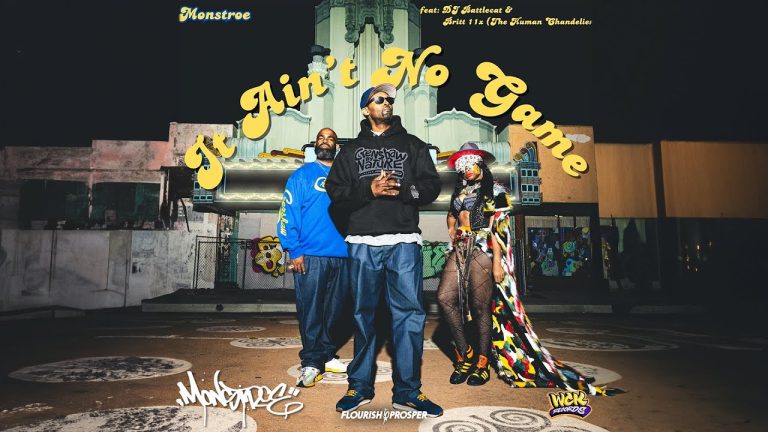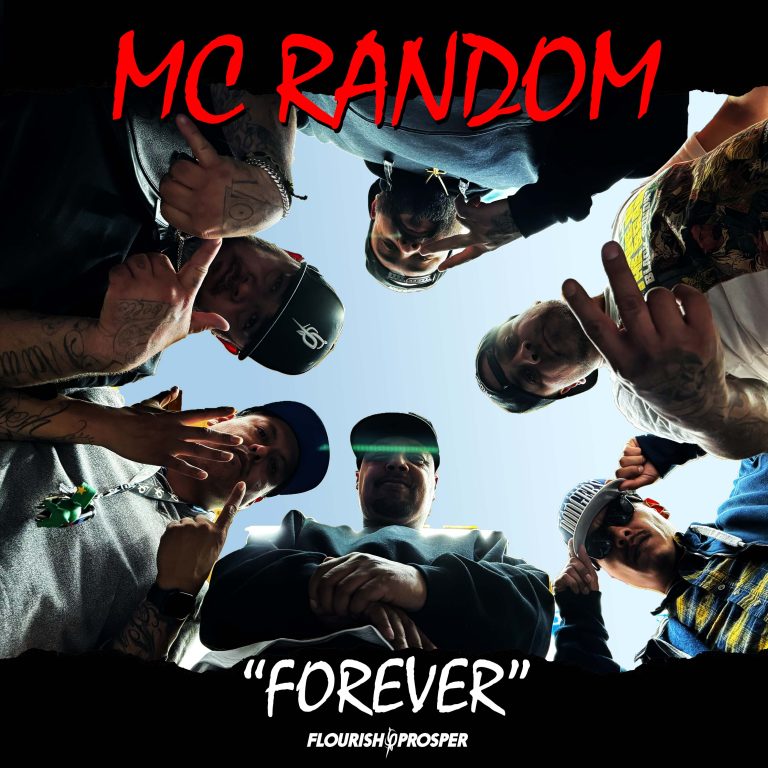Understanding the Concept of AI Music Platforms
What are AI Music Platforms?
AI Music Platforms utilise Artificial Intelligence to fundamentally alter how music is explored, created and curated. These platforms can generate music autonomously or collaboratively with human intervention. They use machine learning algorithms that are trained on large datasets of music. This allows the AI to understand the patterns and structures within various music genres and styles, enabling it to create new compositions or suggest music as per user preferences.
The Pillars of AI in Music
The integration of AI in music rests upon three primary pillars. Firstly, exploration refers to the use of AI technology to discover new tunes according to the listener’s taste and mood. The second pillar, composition, involves utilising AI for the creation of original soundtracks, melodies, and beats. The final pillar, curation, involves AI’s ability to create automated playlists based on trends, personal preferences, or specific themes.
AI Music Platform Capabilities
AI Music Platforms have several incredible capabilities. They can generate original compositions, assist in music production by creating unique beats and soundscapes, and help users discover new music according to their tastes and moods. Some AI platforms can even dynamically modify music based on user feedback in real-time. They can effectively learn and adapt to consumer behavior and preferences, enhancing the user experience. This is typically achieved through the use of deep learning neural networks, which mimic the neuron structure of the human brain, enabling the AI to “learn” from patterns and experiences.
The Intersection of AI and Music Discovery
AI’s Role in Recognizing Musical Patterns
Artificial intelligence (AI) has a unique ability to process large datasets, discovering patterns and correlations far more efficiently than humans. When we apply this to the realm of music, AI can analyze millions of songs from various genres, time periods, and geographies to identify common elements. These patterns could range from chord progressions and melodic structures to lyrical themes and beat patterns. This analysis provides an enormous dataset for AI to predict and recommend what listeners might like next, based on their previous choices.
Machine Learning in Music Recommendation Algorithms
One key way that AI intersects with musical discovery is through machine learning music recommendation algorithms. Platforms such as Spotify and Pandora utilize these complex technologies to enhance their users’ musical experience. These algorithms learn from each user’s listening habits, including the songs they play repeatedly, the artists they favor, and even the music they skip, providing personalized recommendations. Additionally, they consider factors such as tempo, rhythm, key, and instruments used to recommend similar sounding music, thereby automating the discovery process.
User Interaction and AI-driven Music Curation
The confluence of AI and music discovery takes its form not just in suggesting new songs or artists, but also in curating personalized playlists based on mood, activity, and preference—far beyond the capabilities of human curation. Furthermore, AI advances have led to music platforms becoming more interactive. Chatbots, powered by AI, allow users to explain in natural language the kind of music they’re in the mood for. The AI then processes this input and delivers a curated selection of tracks, marking a new era in music discovery.
How AI is Reinventing Music Curation
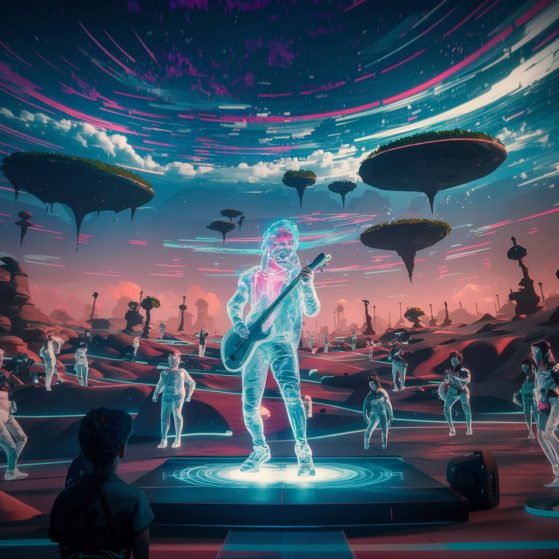
AI-Powered Music Recommendation Systems
Artificial Intelligence is playing an increasingly significant role in reshaping the way music is curated for listeners. AI-powered recommendation systems, such as those used by Spotify, YouTube Music, and Apple Music, provide personalized suggestions based on users’ listening history and preferences. These sophisticated algorithms analyze millions of data points, including genre, artist similarity, and even song elements like tempo, rhythm, and key, offering a highly tailored playlist to each individual user.
Through machine learning, these systems can adapt over time. They learn from every interaction, creating an ongoing cycle of refinement. The more a user engages with the system, the better the recommendations become, resulting in a truly personalized listening experience.
Neural Networks and Music Classification
AI technology has also paved the way for advanced music classification. Neural networks, a form of machine learning, are being used to categorize music into specific genres, moods, or thematic playlists. This technology can analyze a song’s characteristics, break down its sounds and beats, and categorize it accordingly.
For example, Moodagent and Musimap are two AI-powered platforms that sort music based on mood and emotion, allowing users to find the perfect track for their current sentiment. This innovative approach provides a new level of depth to music curation, making it possible to curate playlists based on emotions or situations.
AI in Music Discovery and Exploration
Lastly, AI is revolutionizing music discovery and exploration. Traditional music search engines often require explicit inputs like artist name, song title, or lyrics. In contrast, AI-powered platforms can suggest new songs or artists based on abstract inputs, such as mood, situation, or personal preference.
Services like SoundHound allow users to hum or sing a melody, which AI then matches to a song in its database. Elsewhere, platforms like Jukin’ are employing AI to detect and suggest similar artists or tracks based not only on musical style but also on nuanced characteristics like lyrical theme or instrumentation.
This sophisticated approach not only enhances the music discovery process but also facilitates the exploration of new genres and artists, creating a virtually limitless landscape for listeners to traverse at their own pace.
Case Studies: Popular AI Music Platforms in Action
Exploring the Domains of AI Music: Amper Music
Amper Music, an AI-driven music platform, has revolutionized content creation by empowering businesses, content creators, and individuals to produce bespoke soundtracks in minutes. The platform uses AI capabilities to understand the user’s needs and generate customized soundtracks, thus eliminating licensing hurdles. In a case study with a media firm, Amper Music enabled them to create a distinct audio brand identity, whilst also saving substantial money and time usually spent on music licensing.
Jukin Media and Jukin: Pioneering AI Music Platforms Curation
Another standout example of AI Music Platforms is Jukin Media, that leverages its proprietary technology, Jukin, for intelligent music curation. This AI platform identifies audience preferences, tailors playlists accordingly, and improves music discovery. For instance, a popular restaurant chain used Jukin’s services to curate background music. The AI analyzed the chain’s customer demographics and designed a unique, crowd-pleasing playlist, which led to increased customer engagement and better in-store ambiance.
The Power of AI in Songwriting: OpenAI’s MuseNet
OpenAI’s MuseNet highlights the promising interplay of AI and music in crafting compositions. MuseNet can generate original songs in as many as 15 different styles, seamlessly blending genres like rock, pop, and classical. One case study demonstrated its creative prowess when MuseNet was prompted to generate a melody in the style of a Mozart-meets-The Beatles piece. The resulting composition not only captured the unique nuances of both musical styles but also underscored the infinite possibilities offered by AI in music creation.
The Impact of AI on the Music Industry
AI and Music Creation
Artificial Intelligence (AI) has completely redefined the concept of music creation and production. With AI algorithms capable of generating unique melodies, rhythms, and harmonies, artists can now leverage these technologies to spark creativity or even compose entire tracks. Notable examples include AI tools such as Amper Music, AIVA, and OpenAI’s MuseNet that create original compositions across various styles and genres.
But it’s not all about replacing human creativity. AI also facilitates co-creation where musicians interact with intelligent machines to tap into new realms of creativity. This combination allows for the generation of novel sounds and musical structures, pushing the boundaries of conventional music creation.
AI in Music Discovery and Curation
In the realm of music discovery, AI-powered platforms like Spotify and Pandora have revolutionized the way users find and engage with music. These platforms employ complex algorithms that analyze user preferences, behaviors, and social networks to recommend songs and curate personalized playlists. AI does not only streamline music discovery process for listeners, but also provides independent artists with a platform to reach new audiences.
Additionally, AI aids in creating dynamic radio stations, where the song selection is optimized to a listener’s taste in real time. Hence, AI plays a vital role in improving the music discovery experience, making it more tailored and immersive.
AI in Music Marketing and Monetization
AI is also paving the way for innovative marketing strategies in music industry. It can analyze vast amounts of listener data to predict trends, helping artists and record labels to better understand their audience and devise effective marketing campaigns.
Moreover, AI is being used to drive monetization in the music industry. Platforms such as LANDR are democratizing music production by offering AI-powered mastering services at affordable prices. On the other hand, blockchain-based AI platforms, like Utopia Music, are working to streamline royalty payments and rights management, ensuring artists get paid fairly for their work.
From generating new music to redefining discovery and marketing, AI is making waves in the music industry. It is not only transforming how music is created, consumed, and commercialized but also opening up exciting new possibilities for artists and listeners alike.
Challenges and Opportunities of AI in Music
Difficulties in Emulating Human Creativity
AI, despite its numerous capabilities, still faces challenges when it comes to emulating human creativity. Unlike humans, AI is not inherently capable of understanding the emotional complexity and cultural nuances embedded in music. Creating music is an intrinsic human activity correlated with emotions, experiences, and the social context of the creator. AI lacks these personal experiences and emotional intelligence, making it difficult to create compositions that can resonate on the same level as human-created music.
The Technological Learning Curve
Adopting AI in the music industry implies a significant learning curve for many individuals involved in the creation and distribution process. Artists, producers, and other professionals need to familiarize themselves with the technology and the ways it can be used to augment their work. This poses a challenge as it requires time, resources, and willingness to adapt to newer methods of doing things.
Machine Learning and Copyright Infringement
Another challenge arises in the form of copyright infringement. The current models of AI in music work primarily through machine learning, studying patterns in existing pieces of music to generate new compositions. This raises the question of whether an AI-generated piece composed from previously copyrighted works infringes upon those copyrights. There is a legitimate concern about fair use and the protection of original works, and legal policies must evolve to accommodate and regulate this new era of music creation powered by AI.
The Potential of AI in Personalized Music Curation
Despite these challenges, AI also presents significant opportunities for the music industry. One such opportunity lies in personalized music curation. AI, through its advanced algorithms, can analyze a listener’s preferences and behavior to curate a personalized playlist. This not only enhances the listening experience for the user but also provides artists with valuable insights into their audience’s preferences, enabling them to create more targeted and engaging content.
Improving Accessibility and Democratizing Music Creation
Additionally, AI has the potential to democratize music creation by making it accessible to a broader audience. With AI-based tools and platforms, anyone can create music without having a formal background in music or access to expensive production equipment. This can revolutionize how music is produced and who gets to participate in the creation process.
Revolutionizing the A&R Process
AI could transform the Artist and Repertoire (A&R) process. The task of discovering and nurturing new talent is time-consuming and relies heavily on human intuition. AI could streamline this process by using data-driven approaches to identify potential stars based on their music, lyrics, and social media interactions. This has the potential to reduce bias and give opportunities to diverse and unconventional talents.
Despite the challenges, the future of AI in music looks promising. With the right approach, these challenges can morph into exciting opportunities for innovation and growth in the music industry.
The Future Outlook: AI and the Evolution of Music Platforms
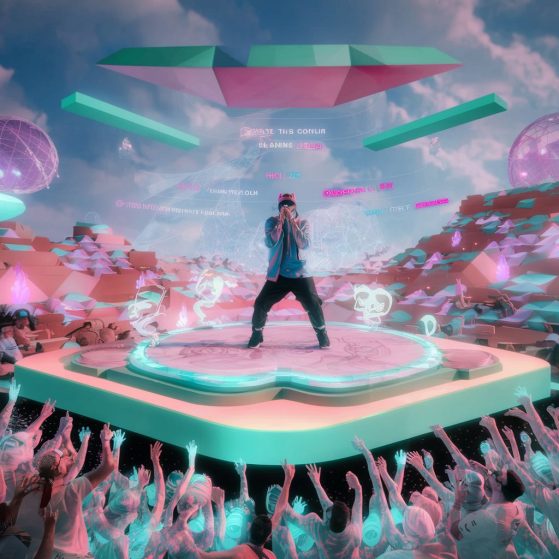
Revolutionizing Music Discovery with AI
Artificial Intelligence (AI) is poised to drastically change the way we discover and consume music. Through machine learning algorithms, AI can analyze a user’s listening habits, offering increasingly personalized suggestions based on the listener’s unique preferences. More than solely suggesting individual songs, AI has the potential to curate playlists that mirror a user’s mood, activity, or even time of day.
Furthermore, new tools are being developed that harness AI’s enormous computational power to analyze entire music libraries in seconds, revealing patterns and connections that would be otherwise impossible to spot. This could open up entirely new ways of discovering music, as users can explore their favorite genres in unprecedented depth or navigate unfamiliar musical landscapes with ease.
The Rise of AI-Generated Music
The boundary between human creativity and artificial intelligence becomes ever more blurred as AI starts composing music. Using complex algorithms, these AI technologies can compose original pieces in a wide variety of styles, from classical symphonies to catchy pop tunes.
This doesn’t mean that human composers will become obsolete – far from it. Instead, AI could serve as a powerful tool for musicians, providing fresh inspiration and helping them generate new ideas quickly. Furthermore, AI-generated music could fill niches where traditional composition is impractical, such as creating bespoke background scores for video games or films.
Streamlining Music Curation and Distribution
AI has the potential to revolutionize not just the discovery and creation of music, but also its curation and distribution. AI-driven platforms can allow artists to distribute their music directly to fans, eliminating the need for middlemen and providing a much-needed boost to the struggling artist economy.
Additionally, AI could automate the process of curating music for different platforms, making the task less subjective and more reliable. This technology could, for example, recognize the characteristics that make a song suitable for a workout playlist, a relaxing evening mix, or a high-energy party soundtrack. The potential is vast and only beginning to be tapped into as AI continues to evolve in the music industry.
Looking for a trusted and knowledgeable agency to help market your music career?
Contact us at + 1 626 872-5151 or info@flourishprosper.net
Or Checkout our website at flourishprosper.net

